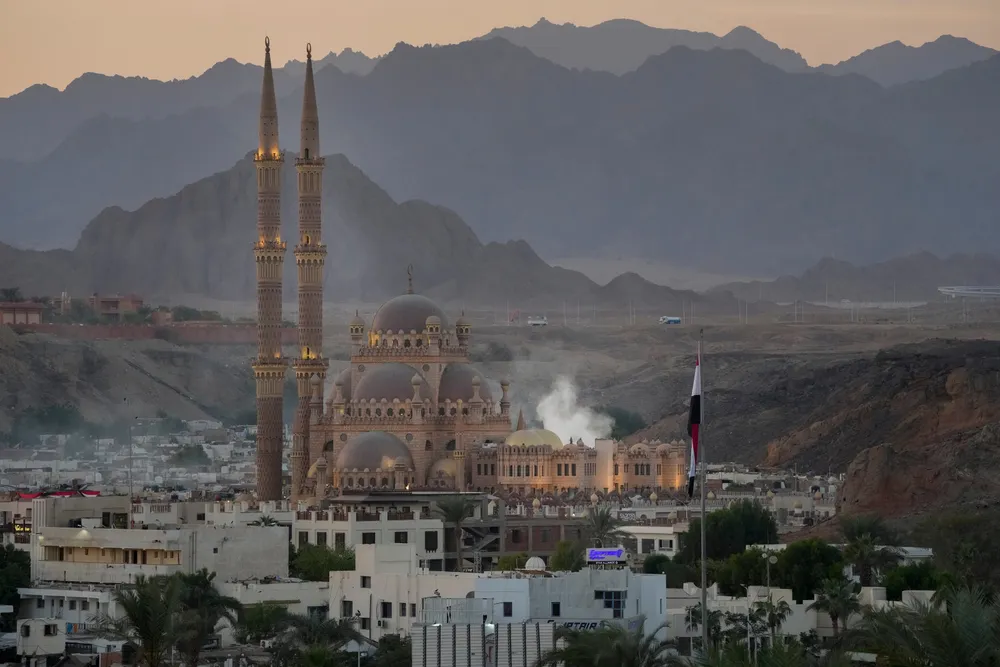COP27 should not bar Africa from fossil fuels exploitation, says regional lobby group
COP27 in Egypt is likely to stir up a heated debate on whether the global south should win reprieve for fossil fuel-backed development

COP27 in Egypt is likely to stir up a heated debate on whether the global south should win reprieve for fossil fuel-backed development
